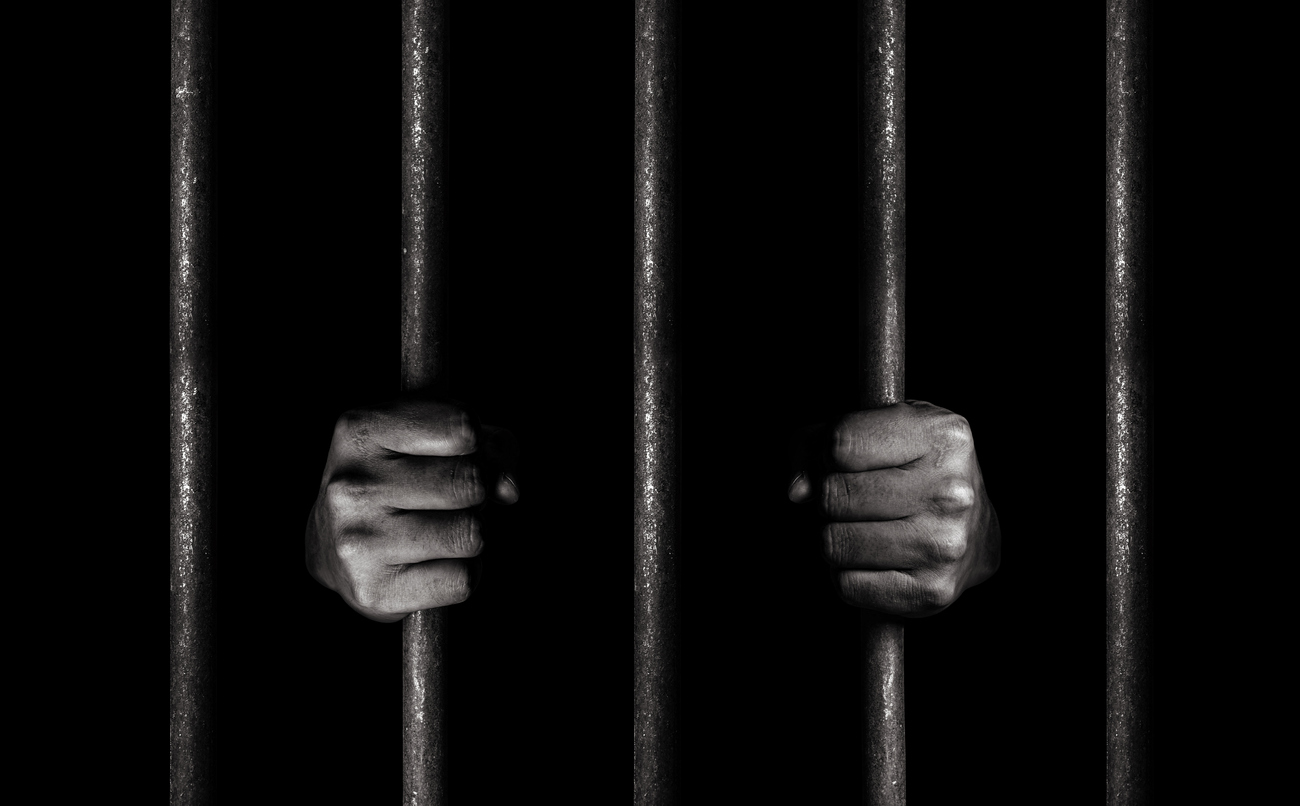Dignity Under Confinement

In 2015 the United Nations General Assembly, drawing its inspiration from the Universal Declaration of Human Rights and that document’s robust affirmation of inherent human dignity, adopted Resolution A/RES/70/175, better known as the Nelson Mandela Rules: “The Standard Minimum Rules for the Treatment of Prisoners”. In the name of the late South African President Nelson Mandela, who endured injustice of the highest caliber while imprisoned for nearly three decades, these rules sought to champion the just and humane treatment of prisoners. While Nelson Mandela emerged resilient and forgiving despite being deprived of his innate freedoms and subjugated to abuse, hunger, and forced labor, it remains a grim reality that many prisoners have not and will not attain such a resolve. The issue of humane punishment and its administration presents a multifaceted moral challenge that demands a reformed approach. How can we administer punishment by incarceration in such a way that it (1) is commensurate to the crime committed, (2) refrains from cruelty or abusive measures, and (3) prioritizes public safety through rehabilitation? How can incarceration be made to respond to our core moral commitment to recognize and respond to the human dignity that every person holds in equal measure?
The term “conditions of confinement” encompasses the social, environmental, and physical conditions that shape one’s carceral living experience. The intricate components of correctional administration that contribute to these conditions encompass seemingly minute organizational matters such as pest control, sanitation standards, facility capacity, and staffing requirements, among other elements. It is essential to recognize that the impact of operational deficiencies in these areas can be far-reaching and profound. One of the most recent and shocking examples of the dire consequences of poor correctional administration comes from the United States. Pre-trial prisoner LaShawn Thompson was found to be in good physical condition upon his arrival at Fulton County Jail in Atlanta, Georgia, only to be found deceased in his cell due to a severe bodily insect infestation, malnutrition, and dehydration just three months later. Further, Amnesty International’s global review of the challenges faced by incarcerated people across 69 countries during the COVID-19 pandemic – “Forgotten Behind Bars: COVID-19 and Prisons” (2021) –
attributed disturbing stories of excessive force, untreated disease, inadequate access to lack of basic hygiene, and disproportionate increases in prisoner mortality due to poor conditions of confinement. Clearly, the absence of well-established and respected standards of humane confinement is intrinsically linked to the pervasive abuse felt by the estimated 11.5 million imprisoned people worldwide. Unfortunately, the many human rights violations imposed on prisoners reflect society’s broader disregard for their rights and a callous disregard for their wellbeing, showcasing the scarcity of correctional administrators who care enough to improve upon these existing conditions. Since it remains to be seen, the demand for the enforcement of minimal correctional standards merits a vital discussion about human dignity and societal decency, especially pertaining to individuals with criminal histories.
The persistenceof human rights violations among prisoners around the world supports the assertion that societies regularly fail to recognize dignity as a fixed commitment. If we consider the ethical implications of the aforementioned existing conditions of confinement, Immanuel Kant’s concept of inherent human dignity becomes particularly relevant. Moreover, the question arises: Who is responsible for the evidenced disconnect between humanity and dignity here? Do those judged to be guilty, as a consequence of their actions, implicitly relinquish their expectation that their dignity will be recognized and respected? Or perhaps, does the acknowledgment of an individual’s criminal history permit society to create that divide for them? Kant’s emphasis on treating individuals as ends in themselves, where all individuals should be subject to the same universal moral code that links rationality to human dignity, implies a governmental duty to safeguard the dignity of all citizens subject to their coercive authority. By enforcing a standard of humane living conditions with which correctional facilities must comply, governments would be upholding the inherent dignity of each person, even while acknowledging the crimes of the incarcerated and limiting – for a specified period – some of their freedoms. As it is, however, the lack of such standards allows for the continued miscarriage of the principled moral commitment to universal, equal human dignity.
It appears that relying on the moral foundation of human dignity might not be sufficient to galvanize societal consensus on adopting and enforcing appropriate conditions of confinement. However, the moral imperative for governments to adopt such standards arises not only on the basis of human dignity but also on the basis of its utility. The adaptation of humane conditions of confinement that prioritize human dignity would inherently move justice systems into a more rehabilitative, restorative space. This is a multifaceted solution that, if implemented, arguably would result in significantly more positive outcomes for incarcerated individuals and the broader society. That is, the investment in bettering the conditions of confinement is likely to provide governments with reduced rates of re-offending among formerly incarcerated individuals. This is exemplified by countries like Norway, where a strong emphasis on restoration and rehabilitation during confinement has resulted in the world’s lowest recidivism rate.
Michel Foucault provided further insights that support a close examination of the power yielded by government operated or authorized correctional facilities to shape the experiences and outcomes of incarcerated individuals. Drawing from Foucault’s analysis of disciplinary power in “Discipline and Punish: The Birth of the Prison,” correctional administrations have the power to program their facilities in such a way that promotes self-discipline and personal responsibility, overall enhancing the correctional environment for staff and adults in custody. While Foucault’s analysis was poised to discuss the historical changes that contributed to the modern institution of punishment, he highlighted the role of the prison system as not only a response to crime but as a broader mechanism of social control. While the focus of this short essay is not to encourage the use of the prison system as a mechanism of social control, it does serve to highlight this point so that we may recognize the true utility of correctional reform. The betterment of the correctional environment will not distract from its purpose to enact commensurate judgments of punishment on those found guilty, but such betterment stands to benefit those subjected to its correctional institutions and by extension, those who live in the communities in which incarcerated individuals will seek, someday in the future, to reintegrate.
In conclusion, the establishment of comprehensive humane standards for the conditions of confinement is beyond a matter of bureaucratic protocol; rather, it represents a moral and pragmatic imperative for governments. Enforcing such standards is first and foremost, an acknowledgment of the inherent value, worth, and dignity of every human being. Further, the utility of such reform lies in the transformation of the concept of justice into one that prioritizes rehabilitation and restoration over retribution.
The Nelson Mandela Rules were adapted by the United Nations to convey the importance of Government responsibility over the management of its prison population, highlighting the importance of humane treatment. In keeping with the phrase attributed to Alexis de Tocqueville and reiterated by Nelson Mandela himself, the degree of civilization in a society can be assessed by examining how its most vulnerable members are treated, including the incarcerated. Upholding the rights and dignity of incarcerated individuals is not only this moral imperative but also a reflection of our commitment to justice, moral progress, and the common good.
By Kristen Soderlund
(Ms. Soderlund is a master’s degree candidate at the McCourt School of Public Policy at Georgetown University in Washington, DC. Her career goals include working to address and reform various aspects of the incarceration system, ultimately creating positive and lasting changes in criminal justice policies).
Photo credit: chaiyapruek2520


